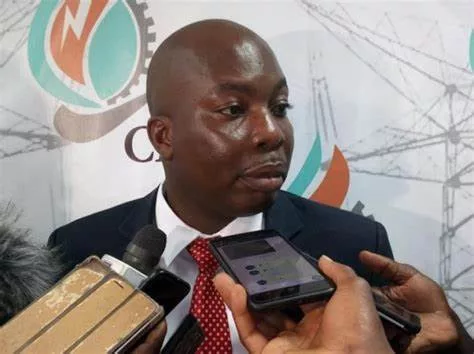The Independent Power Producers, Distributors and Bulk Consumers are threatening to cut power supply to the national grid by the end of June 2023 if the government fails to settle its debt.
This could create a huge power shortfall as the IPPs control over 65% of the available thermal generation capacity in the country.
Joy Business understands a letter to that effect will be sent to the Finance Minister, Ken Ofori-Atta, tomorrow May 29, 2023.
Joy Business further learned that as of April 2023, the government owed the IPPs $1.630 billion.
Ghana aims to cut $10.5 billion in interest payments on its external debt in three years to be able to successfully implement a $3 billion loan deal from the International Monetary Fund (IMF).
According to the IMF Staff Report on Ghana, there will be a renegotiation of contracts with the IPPs that are expected to further reduce costs, adding, “Beyond 2023, the programmes baseline projections conservatively assumes that the sector shortfall will be gradually reduced to reach 1.7 percent of Gross Domestic Product in 2026 (assuming modest tariff adjustments and a slight improvement in grid/recovery losses)”.
But Elikplim Kwabla Apetorgbor, the Chief Executive Officer of the Chamber of IPPS, told Reuters the restructuring proposal had been “corporately and individually rejected”.
According to him, the producers, were unwilling to make concessions and were also almost on the verge of switching off their plants.
Minister of State at the Finance Ministry, Dr. Mohammed Amin Adam earlier said the government would make every efforts to restructure the country’s energy debt.
“We will continue with the engagement with the individual IPPs in a transparent and pragmatic manner and threats of shutdown when you are in negotiations cannot be accepted at this stage.”
The IMF in its report urged the government to aim at a more rapid reduction in the sector shortfall under the ESRP to create fiscal space for priority spending. This could be notably achieved through additional ad-hoc tariff increases while protecting vulnerable households.
The IPPs are made up of Twin City Energy, AKSA, Karpowership, Sunon Asogli, CenPower and Cenit















































